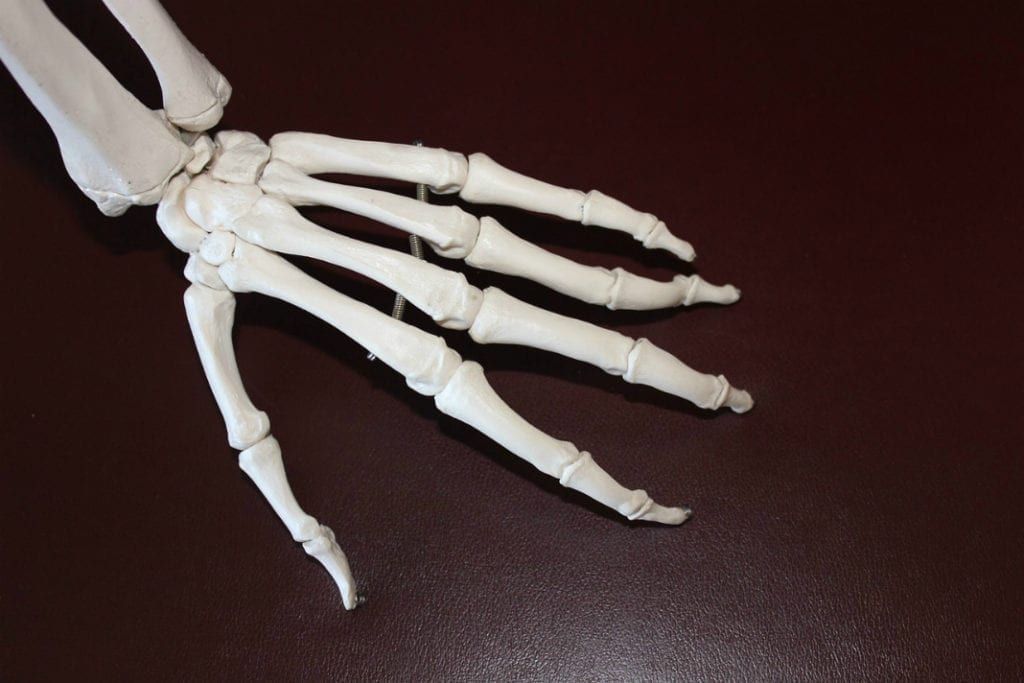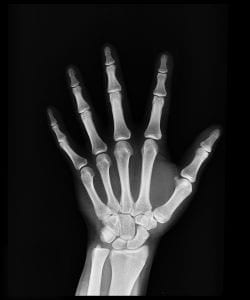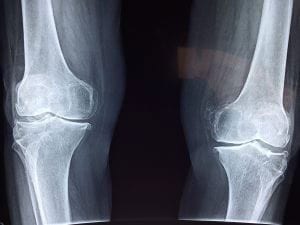A positive opinion is needed from the Committee for Medicinal Products for Human Use (CHMP), part of the European Medicines Agency (EMA), to begin marketing a drug. Once a positive opinion is given, the EMA submits to the European Commission (EC) a recommendation for drug approval. A negative opinion, alternately, means that the CHMP and EMA do not feel that the drug is ready or safe. In January 2023, the CHMP provided a negative opinion on palovarotene for fibrodysplasia ossificans progressiva (FOP). Though biopharmaceutical company Ipsen requested re-examination of the therapy, a recent news release announced that the CHMP reaffirmed its negative opinion.
Ipsen believed that data from the Phase 3 MOVE study supported a positive opinion. Altogether, 107 patients enrolled in the study. Patients were split into two groups. In one group, patients received 5mg palovarotene, taken orally, once each day. The secondary group received 20mg once each day for one month, then switched to 10mg as needed. While the EMA failed to see the benefits, or enough value in the endpoints, Ipsen believes that the data highlights the benefits of palovarotene, especially in reducing heterotopic ossification.
Right now, there are no approved disease-modifying FOP therapies in the European Union. Therefore, Ipsen had hoped that palovarotene could be the first therapy of its kind. Palovarotene is an investigational selective retinoic-acid receptor gamma (RARγ) agonist that has received Orphan Drug designation in both the U.S. and European Union.
The Basics of Fibrodysplasia Ossificans Progressiva (FOP)
ACVR1 gene mutations cause fibrodysplasia ossificans progressiva, a rare connective tissue disorder characterized by abnormal bone formation outside of the skeletal structure. Ligaments, tendons, and muscles all become ossified. This can lock joints into place and significantly impair movement and mobility. Ossification often begins in childhood in the neck or shoulders before progressing to the limbs. Additional symptoms or characteristics of FOP may include:
- Big toe and/or thumb malformations
- Abnormally short fingers and/or toes
- Cervical vertebrae malformations
- Chronic inflammation
- Scoliosis or kyphosis
- Difficulty walking or sitting
- Poor balance
- Entrapment neuropathies
Corticosteroids, muscle relaxants, and surgery may all be used to manage this condition.








